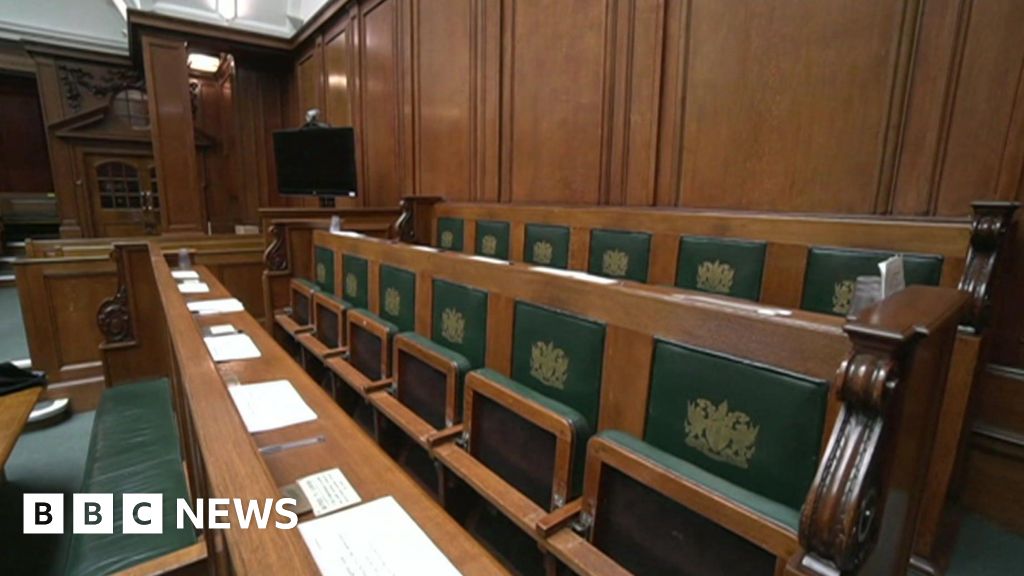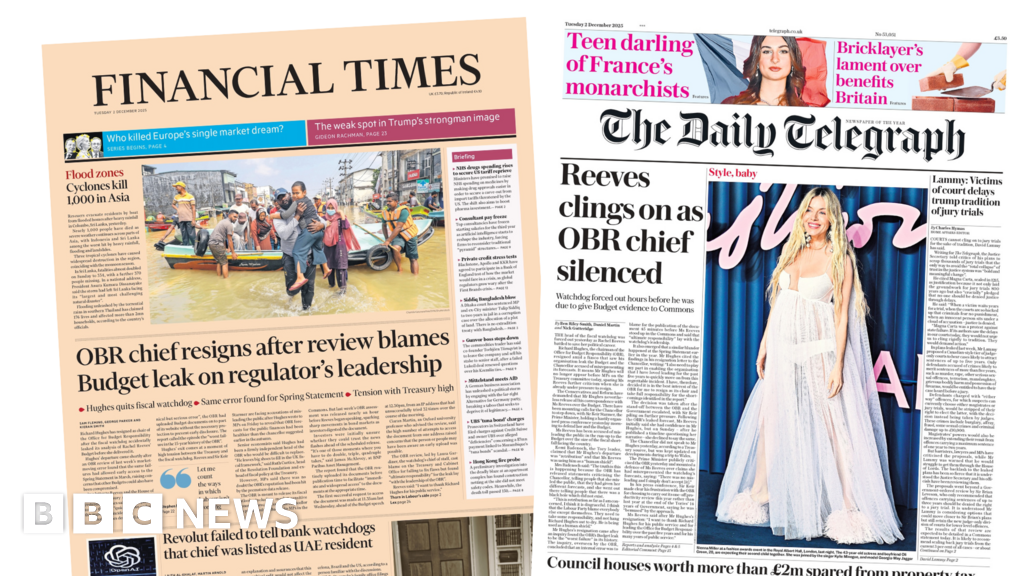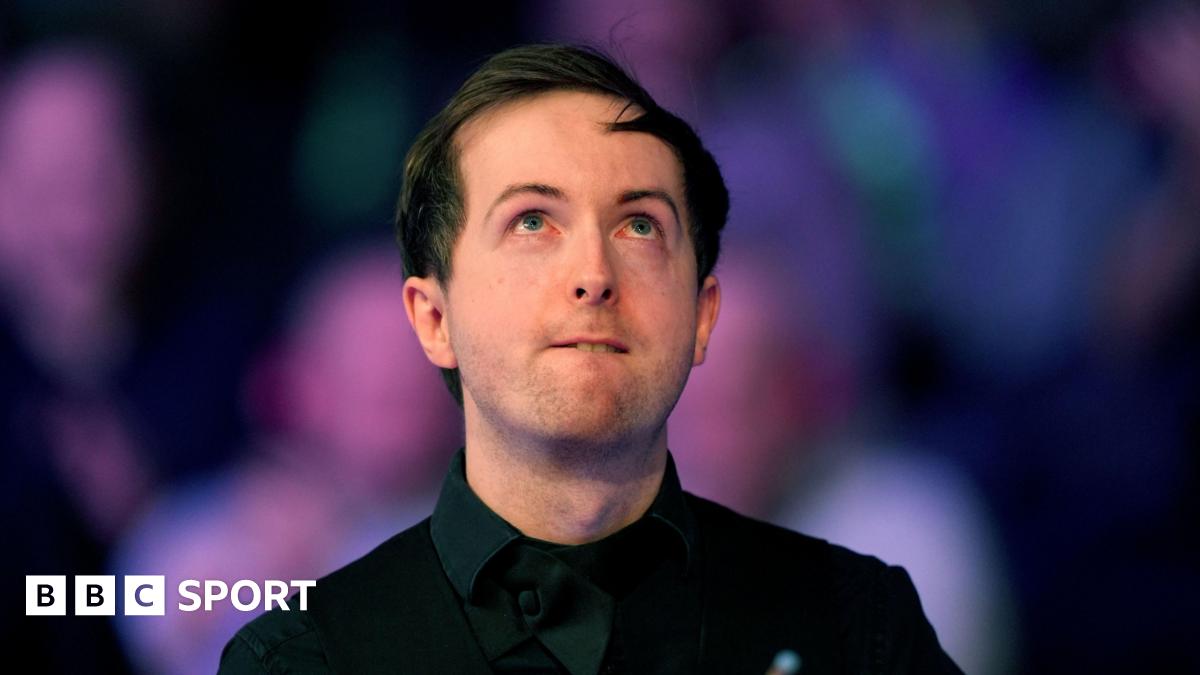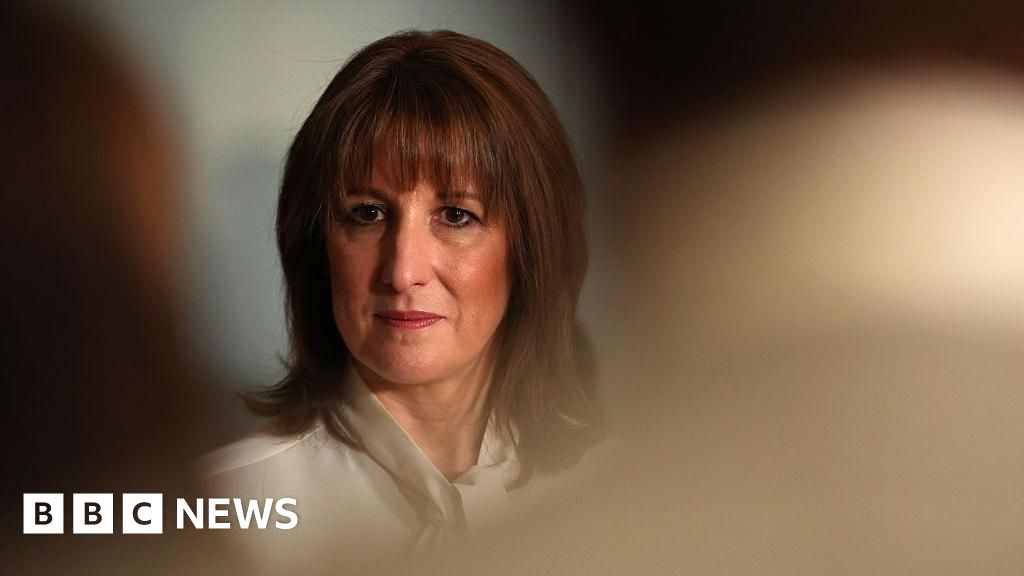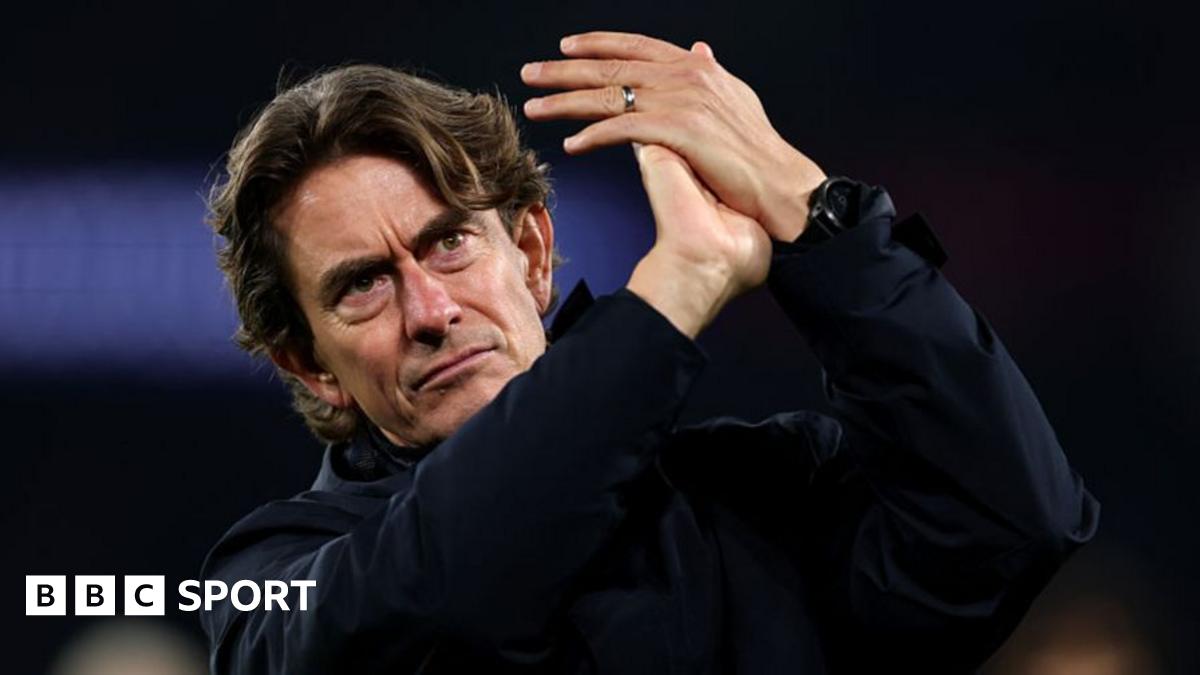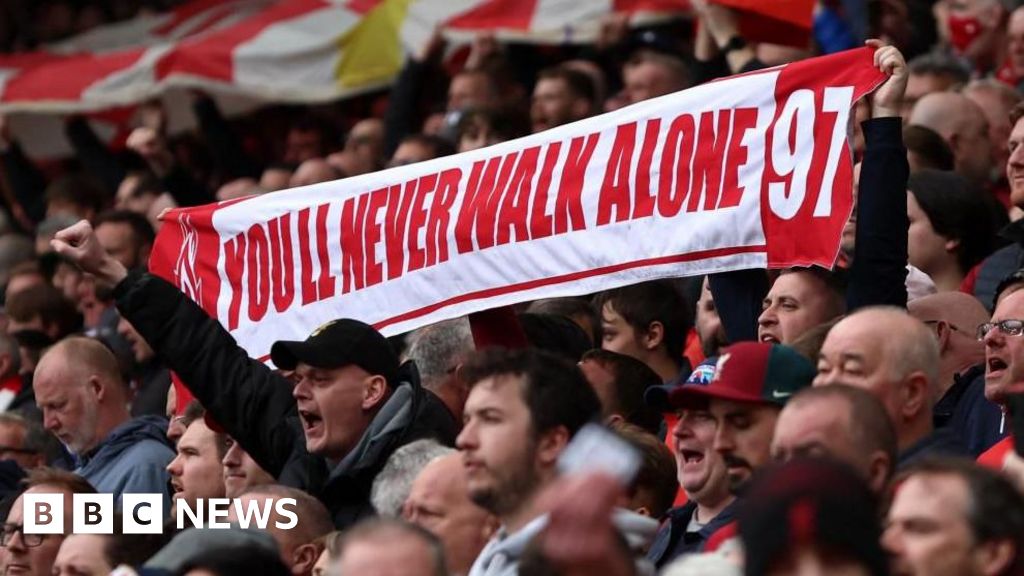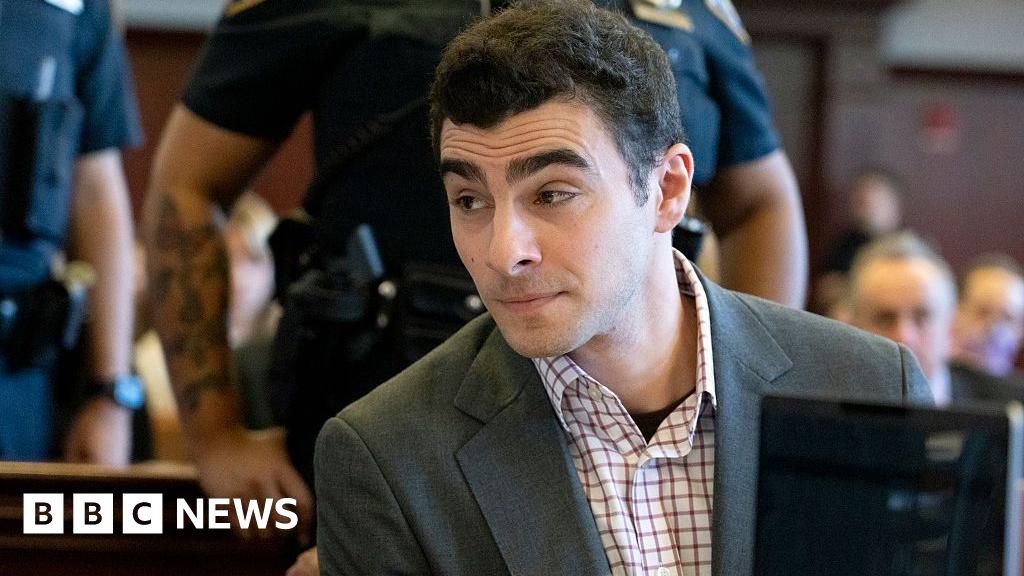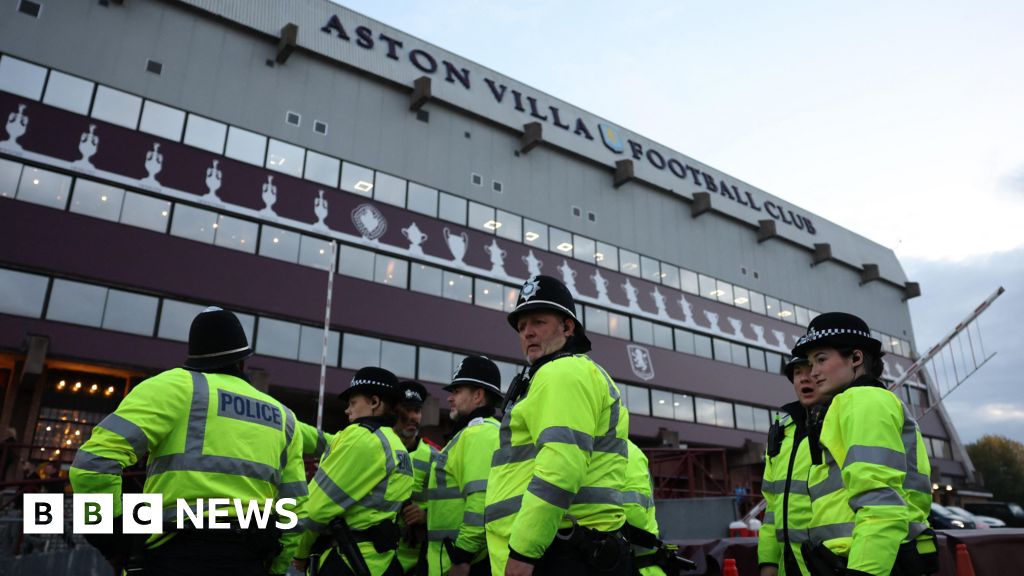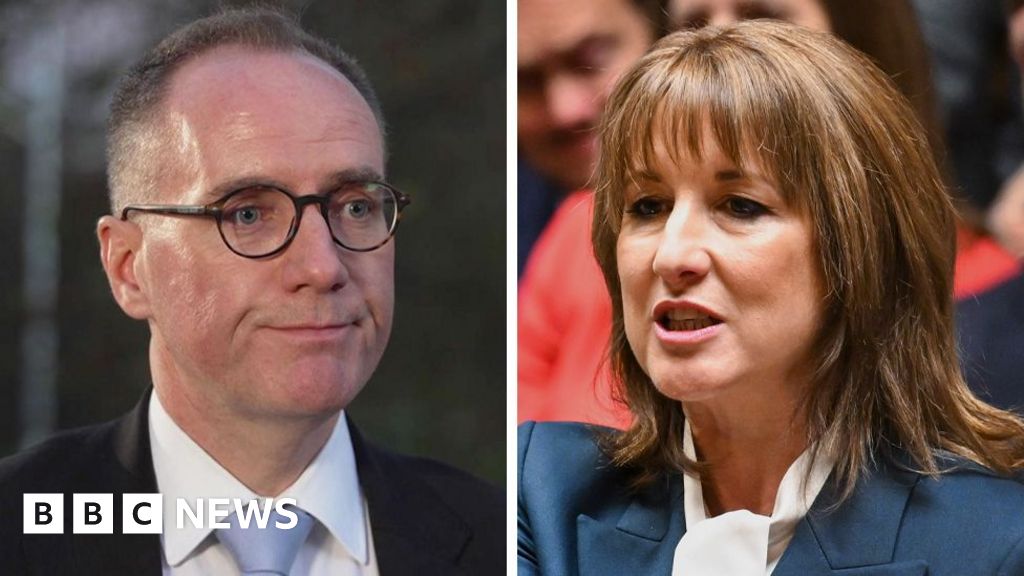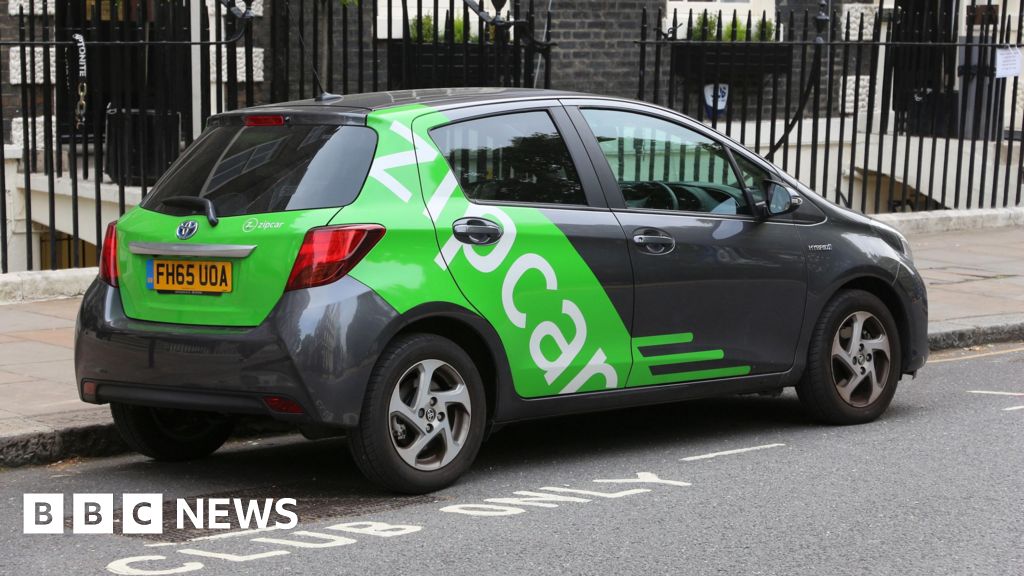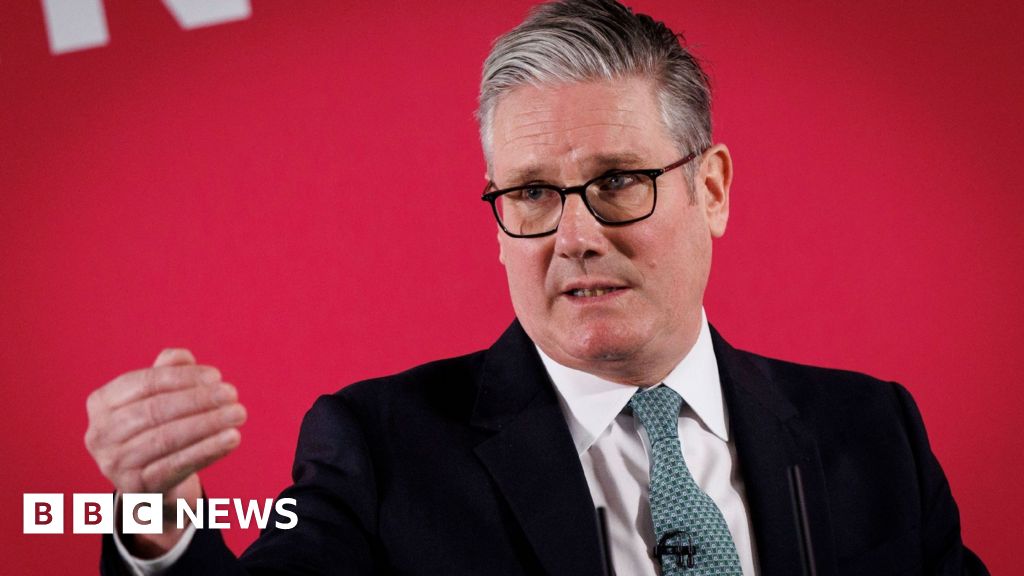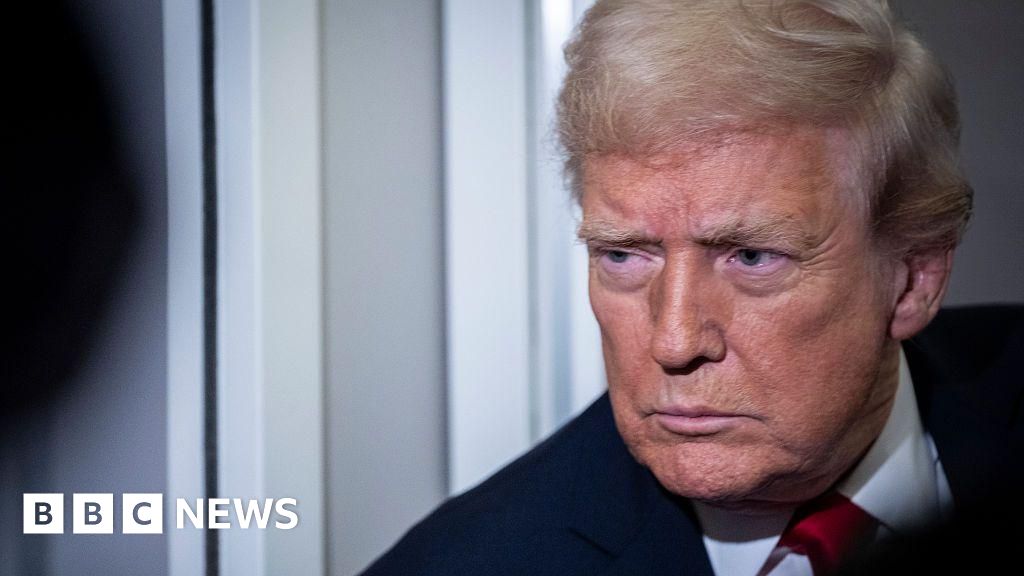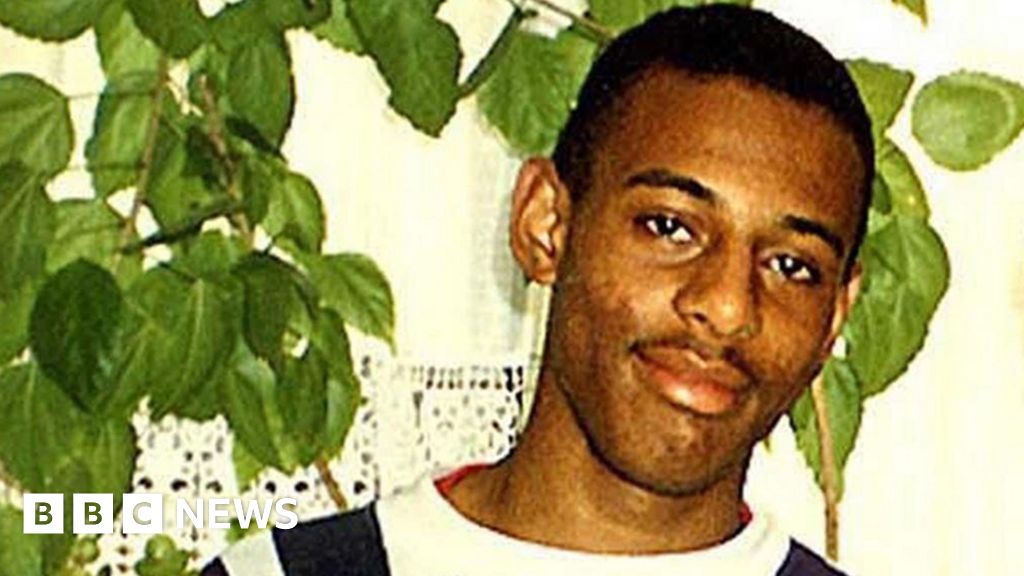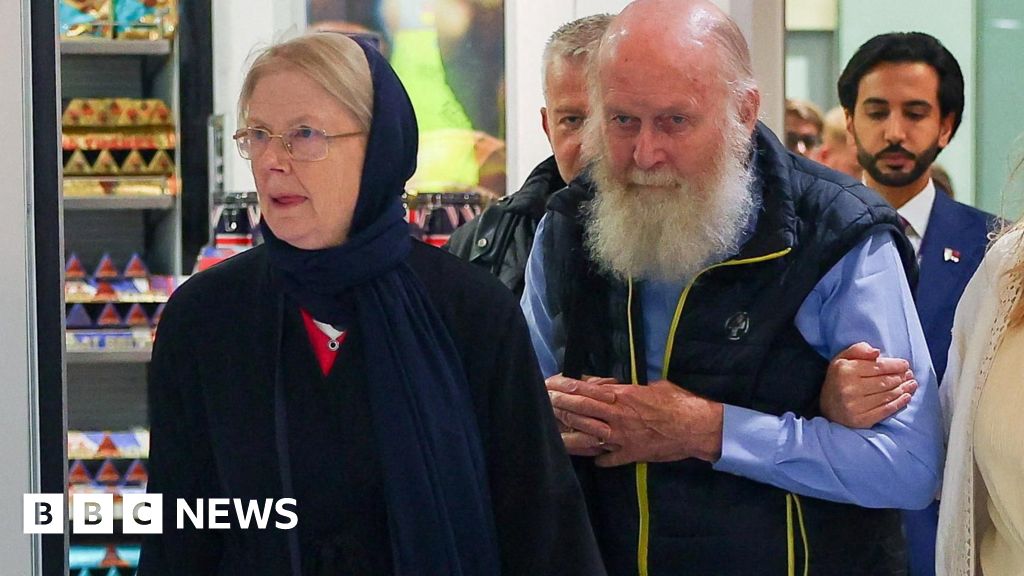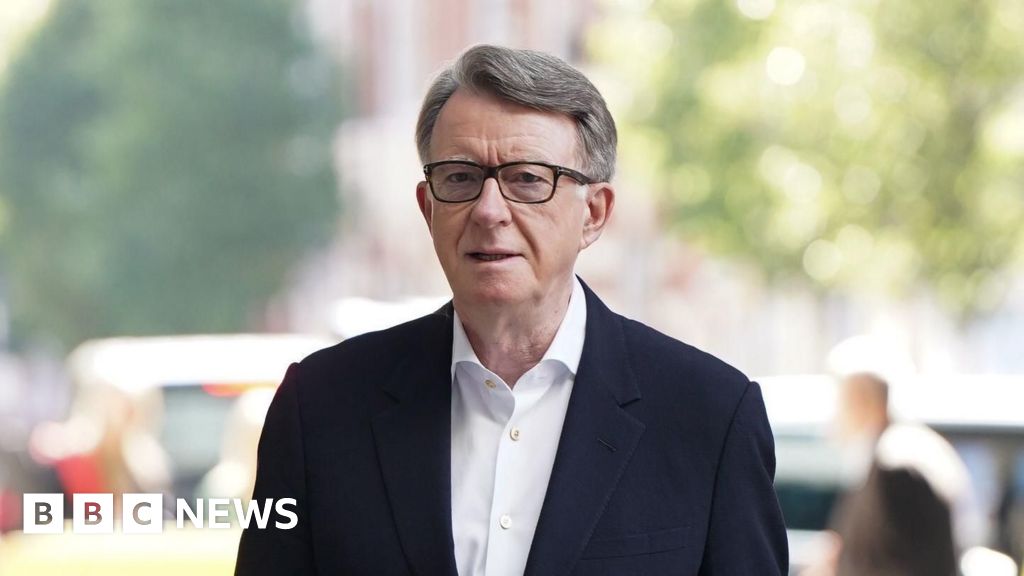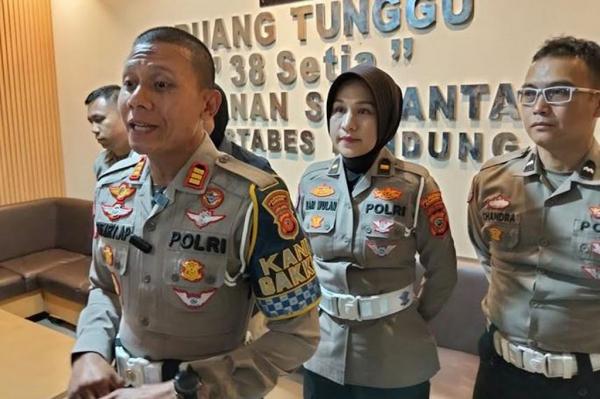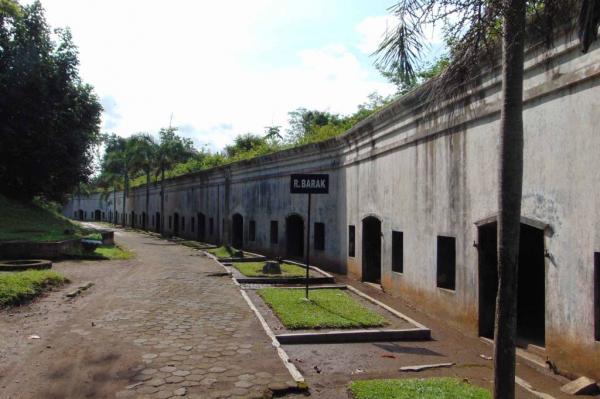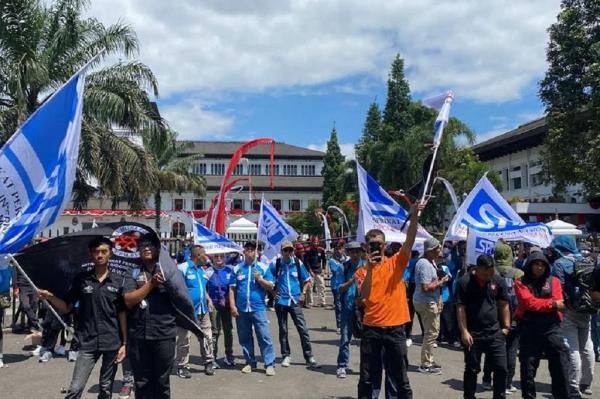Andrew HardingParis correspondent, Paris

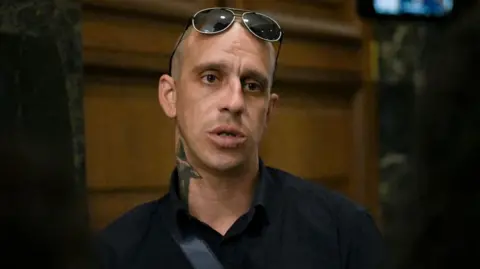 AFP via Getty Images
AFP via Getty Images
Georgi Filipov was one of the three Bulgarian men jailed for their part in the plot
This week's trial of three undercover operatives, accused of helping the Kremlin to wage a hybrid warfare campaign to "destabilise" France, sounds like a surefire recipe for drama, sophistication, and intrigue.
If only.
Over the course of three days, in a spacious, pine-panelled courtroom on the northern edge of Paris, the case against three seemingly unremarkable Bulgarian men, seated behind glass and shadowed by three police officers who seemed absorbed with their own mobile phones, unfolded with all the panache and excitement of a half-whispered lecture in a library.
"I had absolutely no idea where we were."
"I did it for the money."
"In the future I plan to get involved in charity work."
These few lines from the men's testimony may help convey the general tone.
All three were jailed on Friday for two to four years.
But to bemoan the barely audible banality of it all – the dull motives, the mumbled attempts to shift blame, the sullen complaints about prison life and unsatisfactory psychiatric evaluations - is to miss the truth.
The banality is the whole point.
Like the cheap drones that both Russia and Ukraine now use to patrol their front lines, the three men on trial in courtroom 2.01 at the Palais de Justice in Paris represent a low-budget evolution of modern hybrid warfare.
Improvised and startlingly effective.

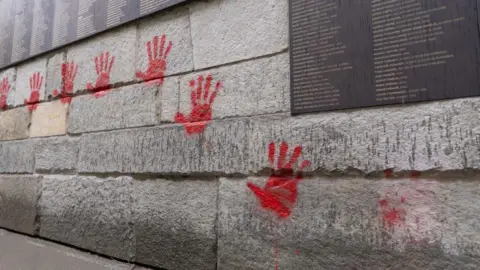 AFP via Getty Images
AFP via Getty Images
The Wall of the Righteous in Paris was vandalised with red hand prints in May 2024
Rising in turn inside their glass cage, Georgi Filipov, Nikolay Ivanov and Kiril Milushev admitted carrying out the acts, but denied working for a foreign power as well as antisemitism.
Early one morning in May 2024, on the banks of the River Seine in the heart of Paris, the three men conspired to spray red paint - and filmed themselves doing so - on the Wall of the Righteous, a monument to those who saved French Jews from the Holocaust during World War Two.
Thirty-five red handprints were left on the Shoah memorial. Five hundred more were painted elsewhere.
It was the first in a series of symbolic attacks in France: pigs' heads placed outside mosques (an act blamed on a group of Serbians); coffins left ominously by the Eiffel Tower; Stars of David painted around the capital.
News of each event was swiftly broadcast around the world – not just by regular media outlets, but by the automated army of Russian social media trolls which, according to the French agency monitoring such activity, routinely seeks to weaponise each sliver of news that might raise doubts about the stability of French society, and the strength of Europe's democracies, its institutions, and its values.
France is seen as a particularly tempting target for the Kremlin, given its current political and social divisions, its often ambiguous attitude to Nato, its large Muslim and Jewish populations, the increasing popularity of the far right, and a history of close ties to Moscow on both extremes of the political spectrum.

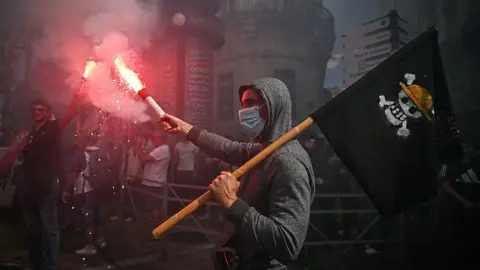 AFP via Getty Images
AFP via Getty Images
French politics is increasingly divided - a perfect opportunity for the Kremlin
In another era, the Kremlin might have used its own deep undercover agents to carry out acts of sabotage or vandalism.
But – to make the drone warfare comparison again – why rely solely on valuable assets like highly trained spies, giant ballistic missiles, or submarines used to cut undersea cables, when for a few thousand euros you can, through discreet and easily deniable channels, recruit your own disaffected army of petty criminals, or unemployed wannabe fascists?
"I had absolutely no idea where we were," said Georgi Filipov, as he tried to play down his alleged role in the "red hands" operation, arguing that he had travelled from Bulgaria simply to make a little money to help with child support payments for his nine-year-old son.
He was allegedly paid €1,000 (£875) plus travel expenses.
In the dock, Filipov, 36, cut a gaunt but muscular figure, twitching slightly like a boxer before a fight as he attempted to defuse awkward questions about his tattoos. In particular, the swastika on his chest and the social media photos showing him giving a Nazi salute and wearing a t-shirt that claimed Hitler "was right".
"I made bad choices in the past," Filipov explained, and pointed out that he had already removed several tattoos.
The Paris criminal court sentenced him to two years in jail.
Having been successfully extradited from Bulgaria and Croatia to face trial in France, the men all sought to place the blame on a fourth man, Mircho Angelov, who remains at large but is alleged to have links to a Russian intelligence officer. He was given a three-year term in absentia.
The second defendant, Kiril Milushev, 28, said he had only come to France because he had broken up with his partner, was struggling with a bipolar disorder, and wanted to keep his friend, Mircho, company. He was given two years.
Seated beside Milushev, Nikolay Ivanov creased his forehead as he denied any links with Russia.
He spoke of his grandparents' role in saving Jews during World War Two and said his ambition now was to obtain a master's degree in law, and to be reunited with his girlfriend - if she'd still have him, when all this was over.
Considered the mastermind behind the plot, he was given the heaviest jail term of four years.
As for Russia's alleged role in the red-hands affair, even the defence lawyers openly admitted that "we suspect" Moscow's hand.
But they insisted, as did their clients, that they were unwitting pawns, proxies – one might even say "drones" – in a shadow war against the West.
.png)
 1 month ago
20
1 month ago
20


